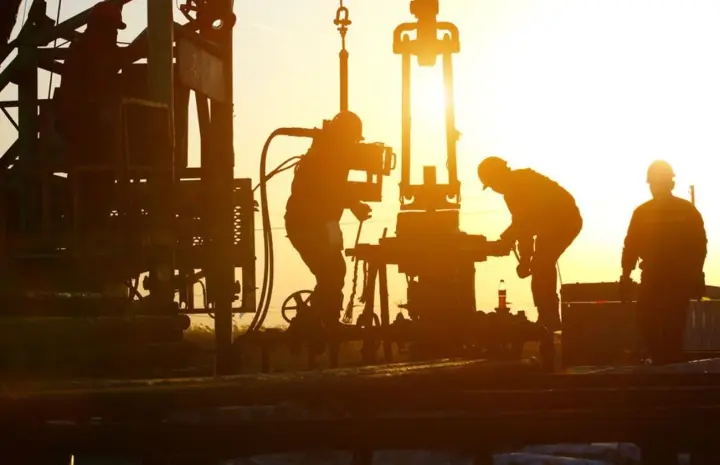
As G20 leaders gather in Johannesburg, the African Energy Chamber (AEC) is urging global policymakers to place Africa’s oil and gas sector at the center of the continent’s economic strategy. With demand rising, energy poverty persisting, and industrial growth constrained by limited power access, African officials argue that hydrocarbons remain essential to unlocking long-term development.
Africa’s upstream potential is sizeable and growing. The AEC projects oil and gas production could rise to 11.4 million bpd by 2026, climbing toward 13.6 million bpd by 2030 as exploration accelerates in both mature markets and frontier basins. Major LNG projects in Mozambique, offshore gas developments in Senegal, Mauritania and Equatorial Guinea, and new momentum in Libya highlight a continent that remains critical to global supply.
Yet restrictive international financing policies—including fossil-fuel lending bans by multilateral institutions—are limiting progress. The AEC warns that insufficient investment risks stalling industrialization, slowing electrification and keeping nearly 600 million Africans without reliable electricity. Gas, in particular, remains central to bridging this gap, supporting power generation, petrochemicals, and cleaner cooking fuels.
Speaking at the G20 Africa Energy Investment Forum, South Africa’s Minister of Mineral and Petroleum Resources Gwede Mantashe underscored the role of domestic development in reducing dependence on imports. “We have no legal restriction on oil and gas exploration and exploitation in South Africa,” he said. “If we make a breakthrough, our GDP will grow exponentially.”
Across the continent, governments are opening new licensing rounds, revising fiscal terms and strengthening regulatory frameworks to attract capital. The Chamber applauds the recent $4.5 billion U.S. financing commitment to the Mozambique LNG project as evidence that large-scale support can drive both economic and supply-chain benefits.
Still, the AEC contends that a broader recalibration is needed. It is calling on the G20 to support upstream investment, unlock gas infrastructure financing, and recognize fossil fuels as a cornerstone of the continent’s path toward a diversified and reliable energy mix.
For Africa, the Chamber argues, oil and gas are not ideological flashpoints—they are practical engines of industrial development, job creation and long-term energy security.
